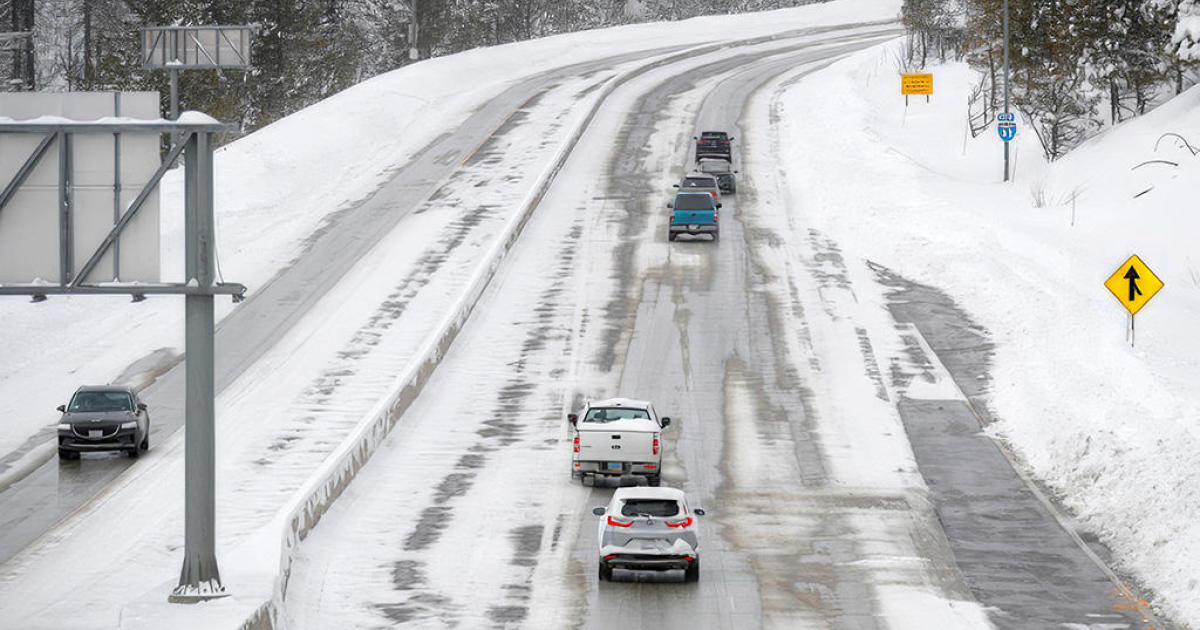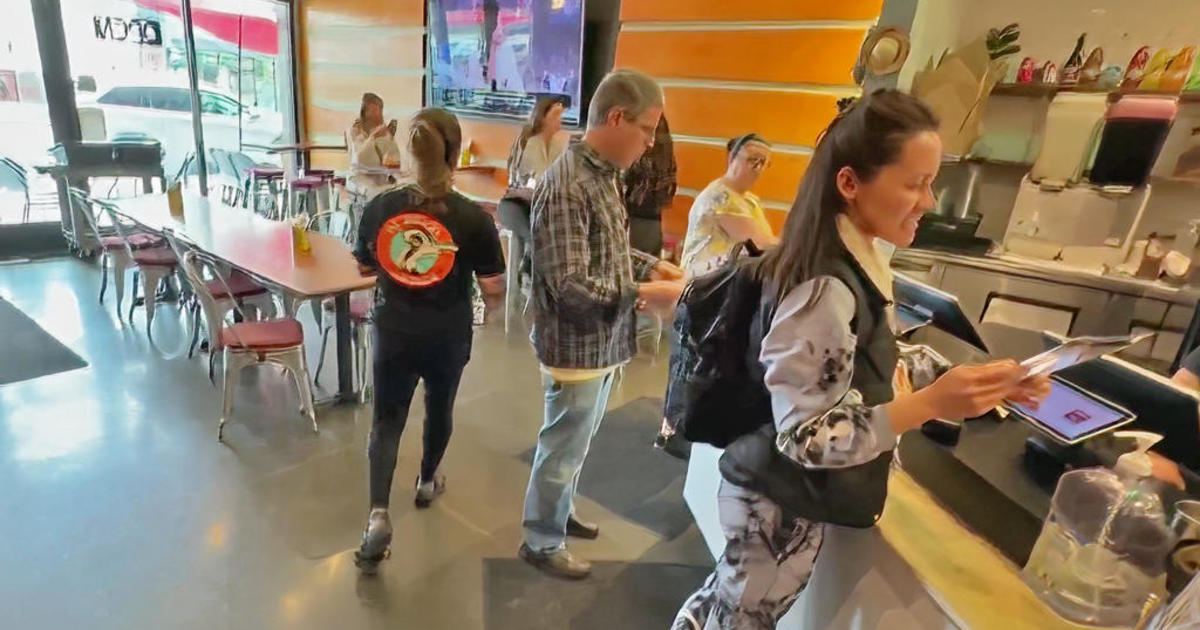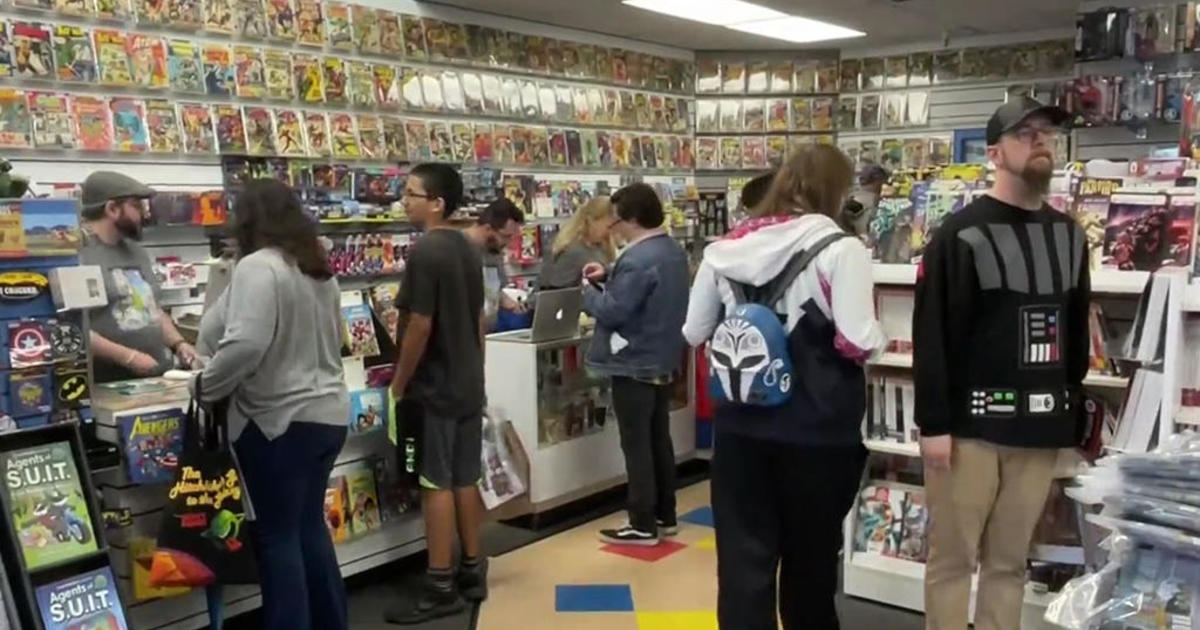South Bay BART Extension Funding Dropped From $1.9 Trillion COVID-19 Relief Package
SAN JOSE (CBS SF/AP) -- Funding for a South Bay BART extension project has been dropped from the $1.9 trillion COVID-19 relief package being debated in the U.S. Senate after it came under fire from Republican lawmakers as "Pelosi's pork subway project".
San José Mayor Sam Liccardo said in a Wednesday morning news release that the funds were needed to complete a "ring of rail" around the Bay Area. Currently, BART connects East Bay communities, San Francisco, the San Francisco Peninsula and San Francisco International Airport.
The commuter rail line has also been expanded in the last decade to the Warm Springs/South Fremont, Milpitas and Berryessa/North San Jose stations.
The funding would have helped with the expansion of the rail lines into San Jose.
"While disappointing, I want to thank our Congressional delegation for their championing of the BART Phase 2 project, which will finally connect the downtown of America's 10th largest city, San José, to our region's other two major cities, Oakland and San Francisco, with a "ring of rail" around the Bay Area," he said.
Drew Hammill, a spokesperson for House Speaker Nancy Pelosi, said on Wednesday that the Senate Parliamentarian has ruled that a subway extension through downtown San Jose did not meet requirements for inclusion in the bill because it is part of a pilot project.
The project was set to receive about $141 million under the bill that passed in the House. The parliamentarians rulings are generally respected by the Senate.
Also, the $1.5 million in funding to maintain and operate a bridge connecting Canada and the United States in upstate New York, Schumer's home state, has been removed by Senate drafters of the bill.
The projects represent a tiny fraction of the overall bill's cost, but they became popular talking points for Republicans lining up in opposition to the measure, which they says is bloated and unfocused. The subway extension was described as "Speaker Pelosi's pork subway project" even though it is located 50 miles away from her district.
"Now that the two projects that Republicans misled the public about in the House bill have been removed, it is unclear how Republicans will justify their opposition to the American Rescue Plan, which has strong bipartisan support among the public," Hammill said.
The Senate bill is expected to largely mirror the House-approved package, with the most glaring divergence the Senate's dropping of language boosting the federal minimum wage to $15 hourly.
Democrats are using special rules that will let them avoid GOP filibusters that would require them to garner an impossible 60 votes to approve the legislation.
Shortly before Pelosi's office confirmed that funding for the rail project had been removed, Bernice Alaniz of the Santa Clara Valley Transportation Authority in California explained that the $141 million slated for the project would help ensure it keeps moving at the planned schedule.
Construction is set to begin in 2022. Local and state sources are putting up three-quarters of the funding for the extension, among the highest match rates for similar projects across the country.
"It really is an essential transit alternative for a highly congested commute corridor and it serves two large universities — San Jose State and Santa Clara University," Alaniz said. "So I know some of the criticisms are like, 'oh, it's for the high-tech oligarchs.' But we serve transit dependent workers and we serve a large percentage of students going to these colleges."
The Trump administration boasted of its efforts to fund the rail project when it approved $125 million in federal matching dollars back in 2019.
"This Administration is focused on expediting infrastructure projects," said then-Transportation Secretary Elaine Chao. She added that the federal investment would help area residents "benefit from these improvements as quickly as possible."



